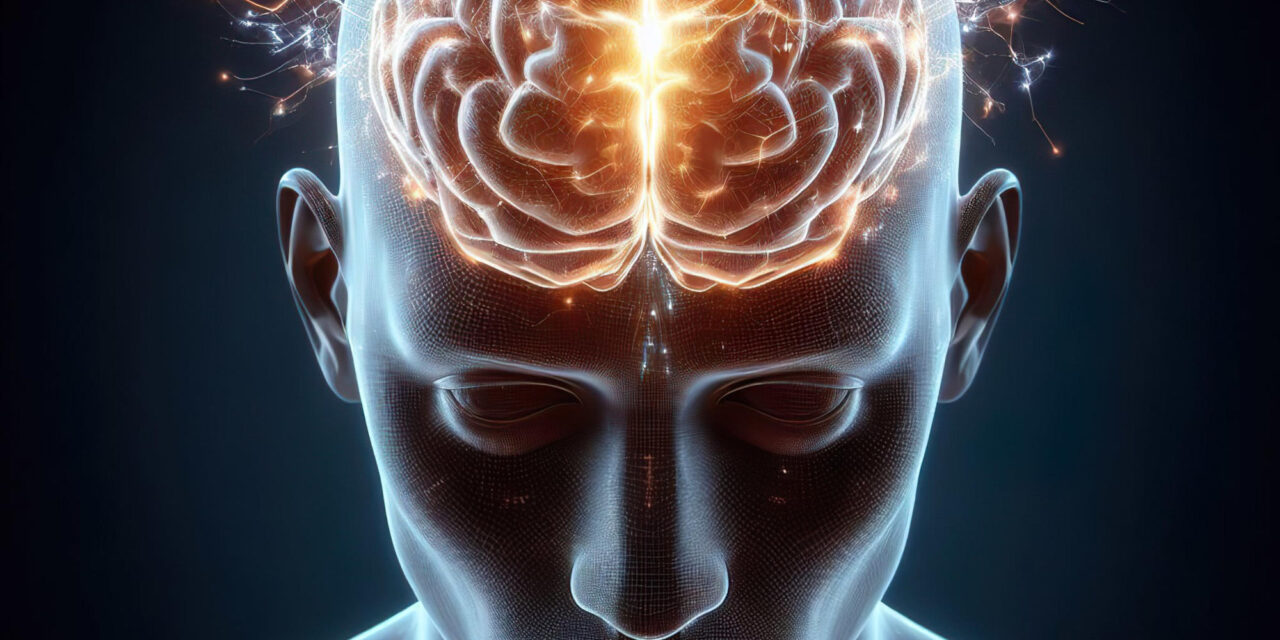In a groundbreaking study led by Australia’s QIMR Berghofer Medical Research Institute, researchers have uncovered a genetic connection between brain volume and several neurological conditions, including Parkinson’s disease and Attention Deficit Hyperactivity Disorder (ADHD). This large-scale study, published recently, offers critical insights into how genetic variants influencing brain structure also play a role in the development of brain-related disorders.
The international team of 189 scientists, led by Miguel Renteria and Luis Garcia-Marin from QIMR Berghofer, analyzed DNA data and brain scans from 76,000 participants across 19 countries. Their research identified 254 genetic variants that affect brain volume in key regions, with significant implications for understanding neurological conditions.
Renteria, the project leader, highlighted the importance of the findings. “We discovered that genetic variants influencing larger brain volumes in key regions are associated with an increased risk of Parkinson’s disease, while variants linked to smaller brain volumes are related to a higher risk of ADHD,” he said.
This study demonstrates how individual differences in brain structure may be rooted in genetics and could provide a foundation for understanding and potentially treating brain-related conditions in the future. “These findings suggest that genetic influences on brain structure are fundamental to the causes of these disorders,” Renteria added.
The research utilized imaging and genetic data from various international consortia, enabling the scientists to make these significant connections between brain volume and neurological disorders. Garcia-Marin emphasized that this is an important step toward developing more effective treatments for these conditions.
With hundreds of genetic variants now known to affect both brain structure and neurological risks, the study provides a new perspective on how brain disorders develop and opens up potential avenues for future research and therapy.
This pioneering study represents a leap forward in neuroscience, shedding light on the complex genetic factors underlying brain health and offering hope for new approaches to treating neurological diseases.












